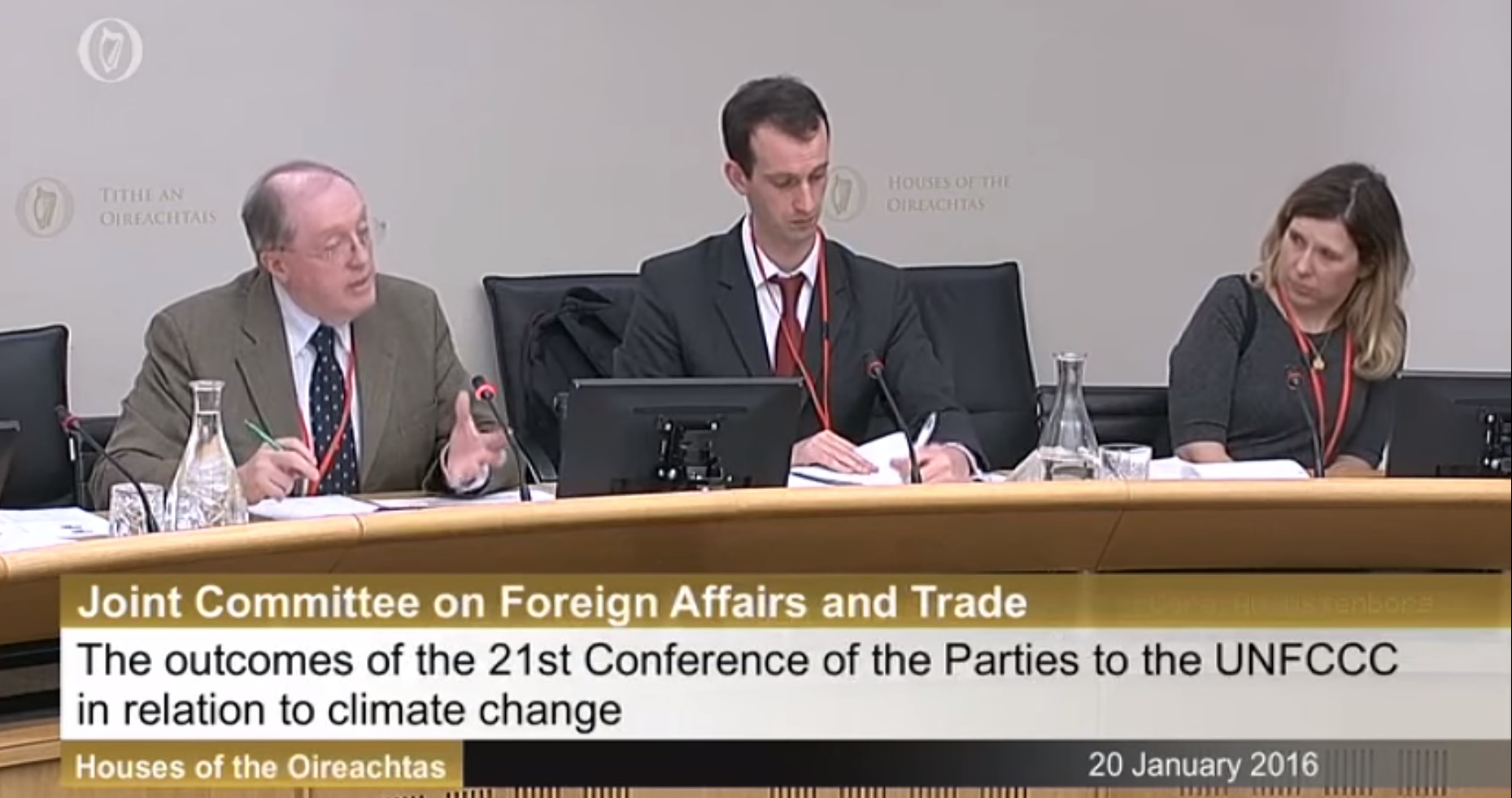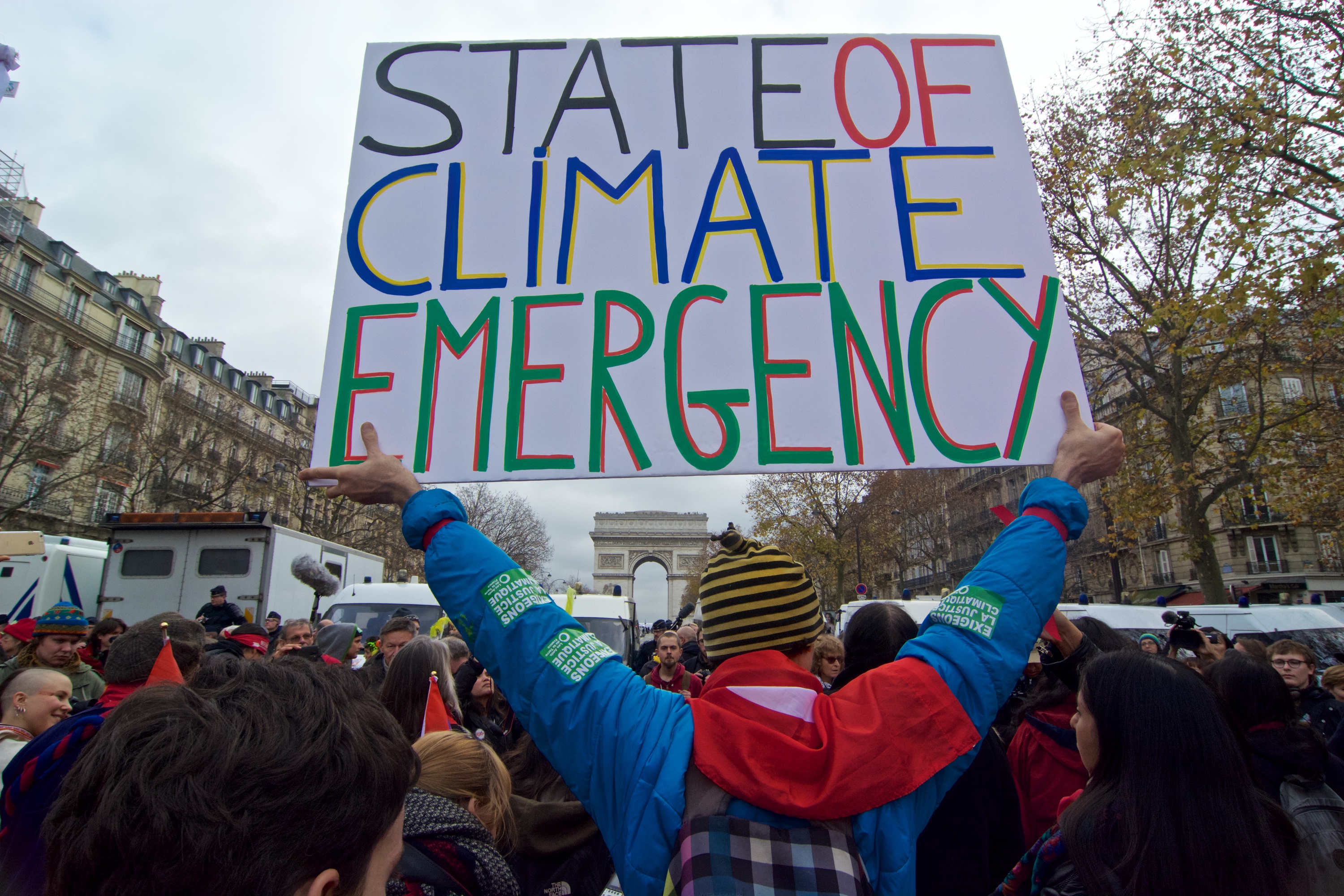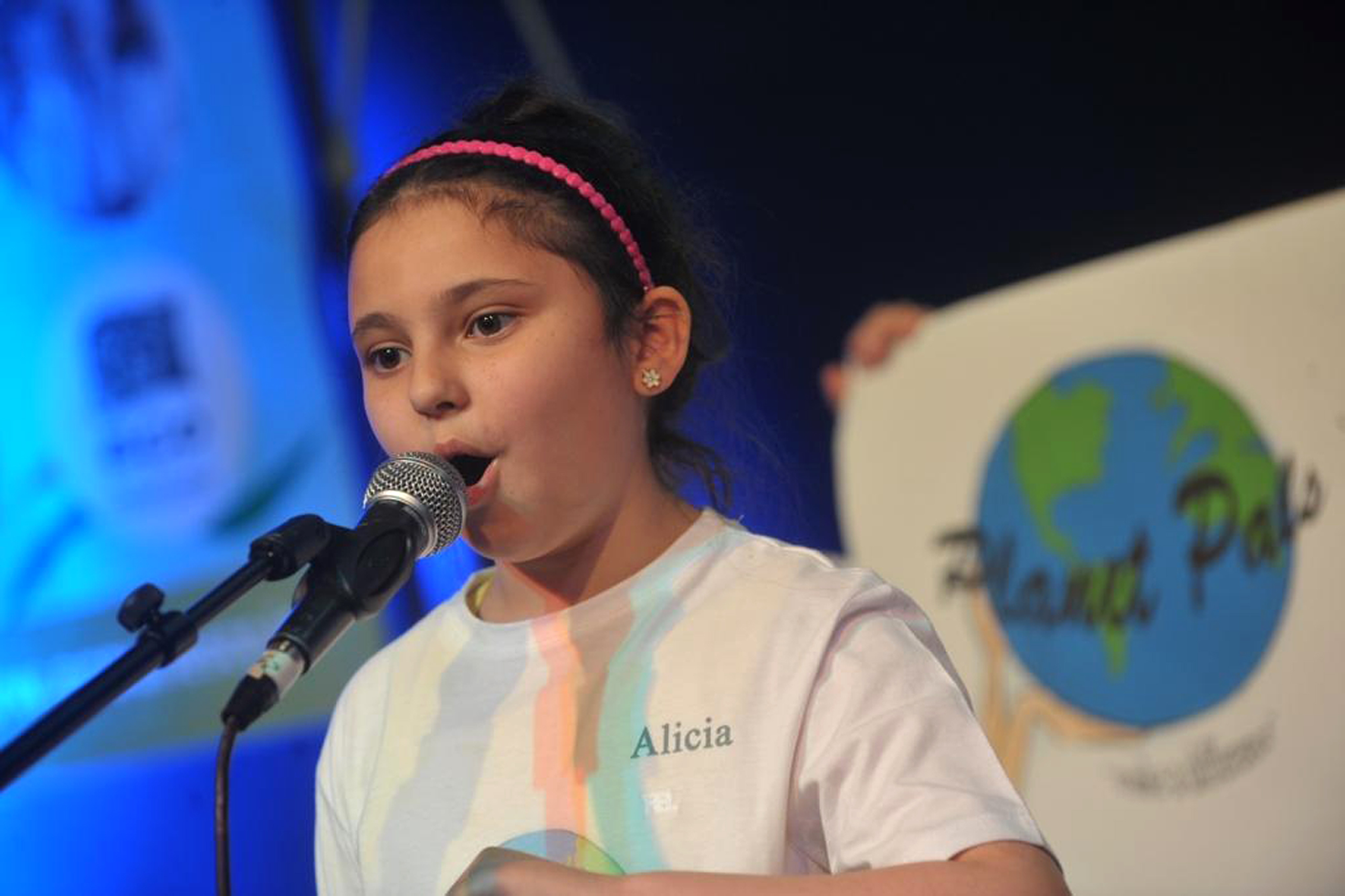Family planning has role to play in climate battle

July 12th, 2019
Improved access to contraception would benefit conservation, environmental and sustainability efforts across the board, a UN-backed campaign has said.
The Thriving Together Campaign launched by the Margaret Pyke Trust on 11 June to coincide with the United Nations’ World Population Day has accumulated the support of 150 environmental and reproductive health organizations from around the world and is advocating for the removal of barriers of access to family planning.
Such barriers can present themselves in physical, financial, social, religious, personal and legal manifestations, the campaign’s background paper states. However, it finds, the ramifications aren’t limited just to the realm of public health.
Human population growth and its impacts on urbanization, farmland expansion, unsustainable use of natural resources and migration due to climate change disasters present well-recognized risks to ecosystem and species survival, the background paper finds.
Safely spaced, planned pregnancies, would improve both the survival of mother and child and family planning is a cost-effective strategy due to low service-delivery expenses when compared to other forms of healthcare.
Two out of five pregnancies are unintended according to paper’s authors, resulting in an estimate of 85 million unintended pregnancies worldwide each year and 32 million unplanned births, 4 million of which occur in high-income countries and the remaining in middle- and low-income ones.
Current UN population projections estimate that the global human population will rise from 7.7 billion to 9.8 billion by the middle of this century. Increasing human pressures are among one of the many challenges the planet faces and by harming ecosystems, food and water security, as well as human health, is undermined.
As a consequence CEO of Margaret Pyke Trust David Johnson said that “we threaten habitats and species.” The paper notes that “connections between human behaviour and biodiversity are complex and not perfectly understood” and that resource consumption both locally and remotely “plays a role in threats to ecosystems and species.”
However, in one of the sections that follows, the report reads: “as humanity advances demographically and economically, biodiversity retreats. Almost as obviously, this relationship is not coincidental but causal”.
An additional benefit of increased access to contraception, the campaign also says, would be to conservationists who promote a “Half Earth” strategy, which would aim to conserve half the planet’s land and oceans as it would be easier to work towards with a smaller human population.
Improving family planning as a means to slow population growth is a strategy that has generated relatively recent public conversation.
American environmental journalist Dave Roberts observed in a piece in November that female empowerment is “the most effective carbon mitigation strategy”.
“Specifically, since most of the new people are going to come from poor or developing countries, the question is specifically how to slow population growth there,” he wrote.
Fortunately, Mr Roberts says, we know the answer to be family planning and female education as the former “enables women to have only children they want and choose” and the latter provides access to income opportunities outside the home.
Empowerment on this scale, he goes on to find, are the two most powerful agents in bending the global population curve and are, “in and of themselves, an enormously powerful climate policy”.
In supporting his statement, Mr Roberts referenced the Drawdown Project, which ranked carbon-reduction solutions. The combination of family planning and education of girls, it found, “carried the most potential to reduce greenhouse gases later this century, out of any solution”.
[x_author title=”About the Author”]






